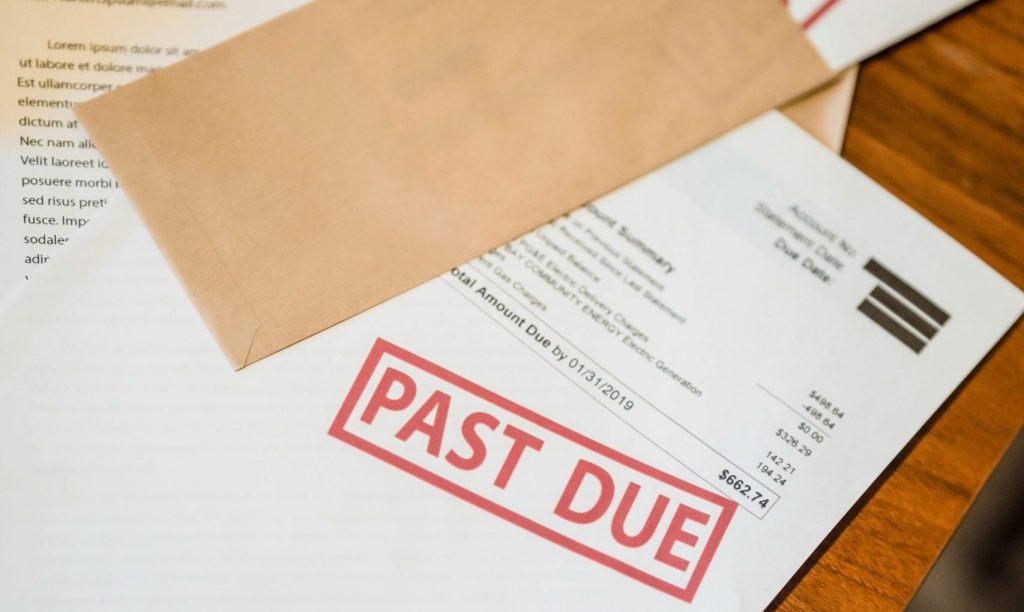Anderson v Yongpairojwong – A Foreign Will’s Validity
Amonrat Chanta (‘Amy’) ran a chain of restaurants, ‘Chat Thai’. She had a son, Kulphat...

Does the Succession Act Recognise Indigenous Customary Law?
Warning: Aboriginal and Torres Strait Islander readers are advised that this website contains the names...

Is Mediation Mandatory in Family Provision Claims?
Mediation is a central part of court practice directions in succession law. In some states...

Limiting Testamentary Freedom: Does Family Provision Go Too Far?
The Court has long respected testamentary freedom and allowed testators to disinherit close family members...

So, You’re Bankrupt: Can You still Make a Family Provision Claim?
Bankruptcy will affect your ability to make a family provision claim. If you become bankrupt...

What are International Wills: Do You Need One?
No, they are not the same. A foreign will is a will made in accordance...

Dying Without a Will: The Rules of Intestacy
Dying without leaving a will is called dying intestate. Roughly one in two Australian adults...

Who Decides What Happens to my Body After I Die?
You cannot “give” away your body under your will, and your control over your body...
